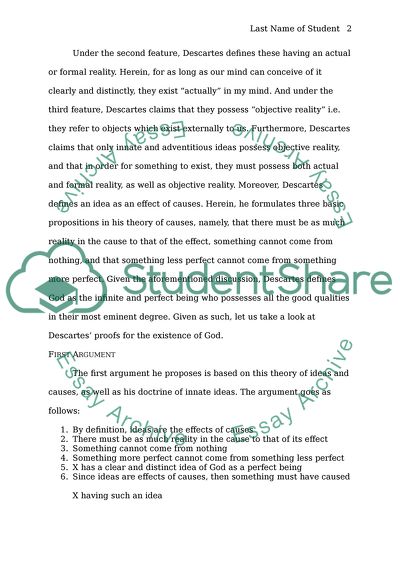Cite this document
(“Substance Term Paper Example | Topics and Well Written Essays - 1500 words”, n.d.)
Retrieved from https://studentshare.org/environmental-studies/1412631-substance
Retrieved from https://studentshare.org/environmental-studies/1412631-substance
(Substance Term Paper Example | Topics and Well Written Essays - 1500 Words)
https://studentshare.org/environmental-studies/1412631-substance.
https://studentshare.org/environmental-studies/1412631-substance.
“Substance Term Paper Example | Topics and Well Written Essays - 1500 Words”, n.d. https://studentshare.org/environmental-studies/1412631-substance.


